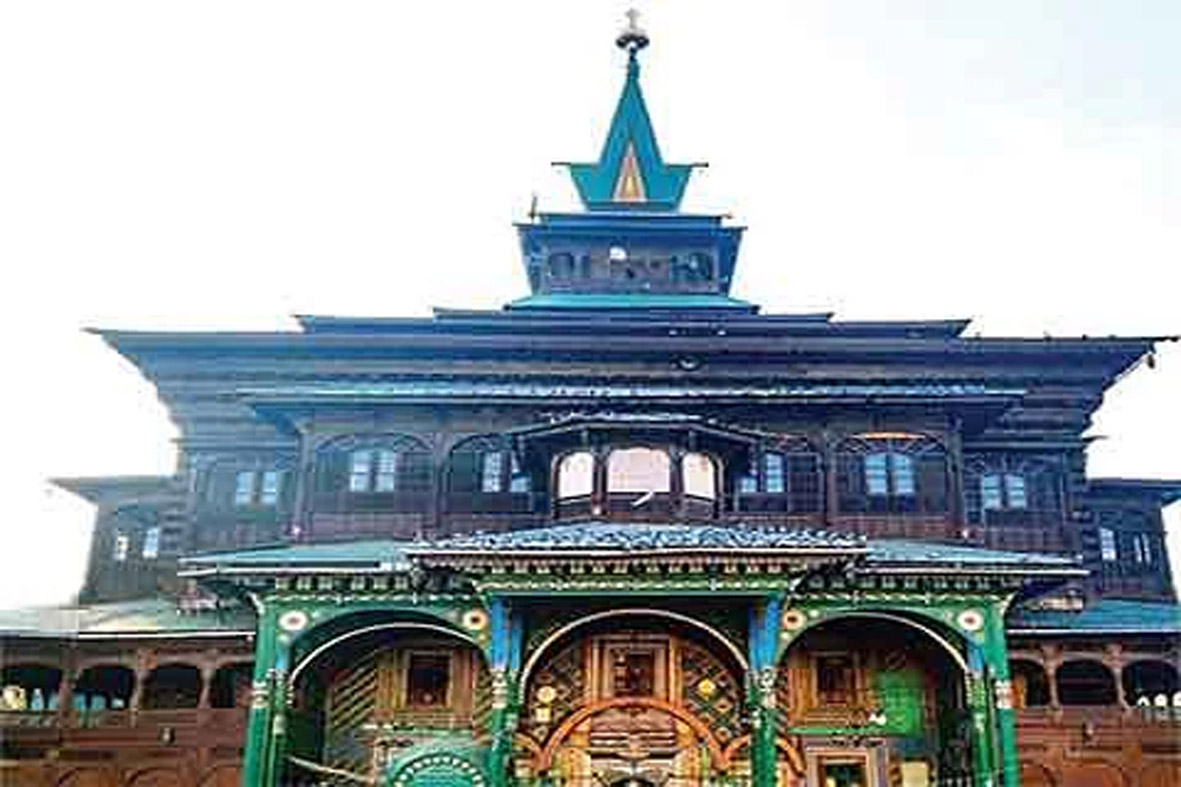Srinagar, Aug 19: Mutawali’s or caretakers of Shrines in Kashmir were barred from sitting and collecting offerings in Shrines of Kashmir following a ban imposed by the Jammu and Kashmir Waqf Board , has provoked resentment from certain quarters.
The Jammu and Kashmir Waqf Board headed by a BJP leader recently ordered a complete ban on collection of donations by trustees at shrines and mosques run by the board.
Apni Party President Altf Bukhari termed the Waqf Board’s decision as “an initiative taken in haste.”
Calling the collection by trustees — locally known as Muttawali — as an “unethical practice”, the Waqf Board said the ban was imposed after complaints from people about purported corruption.
Priests and ‘peers’ (faith healers) were not allowed to sit and collect offerings in some shrines of Kashmir on Thursday which they would otherwise do by sitting near the windows and doors of the shrines.
“We have put the ban into action…It was the demand of people. There were grievances by people. The ban is being enforced in every shrine,” chairperson of J&K Waqf Board, Darakhshan Andrabi had said.
Andrabi, who is a national executive member of the BJP, also visited the shrine of Hazrat Nooruddin Noorani at Chrari Sharief in Budgam district to supervise the drive of removing ‘illegal donation spots’.
It has been an old practice in Kashmir that peers, priests and ‘sajada nasheens’ take care of the shrines and people go to them for prayer, blessings and even healing. They give tabaruks (food or amulet blessed with special prayers) to the people and get offerings locally known as “Niyaz” in return.
Bukhari has expressed his concern over the Waqf Board’s decision to remove the caretakers from the shrines and impose a ban on donation collection in J&K shrines.
Bukhari said, “I am surprised over the Waqf Board’s decision to impose a ban on the traditional system of donation collections at the shrines and put an end to the institution of Sajjada Nashin in these revered places.”
Bukhari urged the Waqf Board to hold its decision to pave a way for extensive consultation on it. He said, “No one must have any objection if reforms are needed. But, given the religious and cultural sensitivity of the issue, initiatives must be taken after deliberations and consultations with the concerned stakeholders.” (Agencies)
Trending Now
E-Paper


